Fluid Overload in Dialysis
Dialysis can feel like a lifesaver — and it often is. For people with kidney failure, dialysis does what the kidneys can no longer manage: it removes waste, balances minerals, and gets rid of extra water. But what happens when that water builds up faster than dialysis can handle? Fluid Overload in Dialysis is not just another small problem. It is a serious, common, and dangerous complication.
Managing fluids in dialysis is not only about limiting drinks. It needs constant attention, teamwork with a nephrologist, and a personalized understanding of dialysis requirements. Today, we will explore why Fluid Overload in Dialysis happens, how to recognize it early, and most importantly, how it can be prevented.
If you or your loved one is undergoing dialysis, this guide will give you clear — because being informed is the first step to staying healthier.
What Is Fluid Overload in Dialysis?
Fluid Overload in Dialysis happens when the body holds on to more water than it should. Normally, healthy kidneys remove extra fluids through urine. When kidneys fail, dialysis machines must take over that job
But if the body gets more fluids (from drinking, food, or IV treatments) than dialysis can remove, fluid starts building up. This overload can cause swelling, breathing troubles, and pressure on the heart. It can make dialysis treatments harder and longer too
In simple words, think of the body as a sponge. When the sponge soaks up too much water and can't squeeze it out fast enough, it stays heavy, swollen, and hard to use
Why Does Fluid Overload Happen?
Several factors can cause Fluid Overload in Dialysis patients:
-
Excess Fluid Intake:Drinking more than the fluid allowance between dialysis sessions
-
High-Sodium Diet: Salt holds water in the body. More salt means more water is trapped.
-
Missed Dialysis Sessions: Skipping or shortening treatments can leave excess fluid inside.
-
Low Dialysis Efficiency: If dialysis is not removing enough fluids per session, overload results.
-
Poor Heart Function: If the heart is weak, it cannot pump extra fluid well.
Dialysis complications often start small. But without fast action, they can quickly turn serious. A good nephrologist in Haryana can monitor these risks early and adjust the treatment plan before it worsens.
Signs and Symptoms of Fluid Overload
Recognizing the warning signs early can make a big difference. Watch for these symptoms:
-
Swelling in legs, ankles, feet, hands, or face
-
Sudden weight gain (over 2-3 kg between sessions)
-
Shortness of breath, especially lying flat
-
High blood pressure readings
-
Coughing or wheezing
-
Chest pain or feeling tightness
-
Feeling unusually tired or weak
These signs mean the heart and lungs are under pressure from trapped water. If you notice these symptoms, it is critical to talk to your dialysis team immediately.
How Fluid Overload Affects Health
Fluid Overload in Dialysis is not just uncomfortable. It is dangerous. Some of the serious complications include:
-
Pulmonary Edema: Water collects in the lungs, making breathing very hard.
-
Heart Failure: The heart works overtime to pump excess fluid, eventually weakening.
-
High Blood Pressure: More fluid means more blood volume, forcing arteries to tighten.
-
Dialysis-Related Stresses: Sessions become longer, harder, and less effective.
Chronic overload can shorten life expectancy and reduce quality of life dramatically.
How Much Fluid Should Be Gained Between Sessions?
Each dialysis patient has different dialysis requirements based on body size, urine output, and heart function. However, a general goal is to gain no more than 1-2 kilograms of weight between treatments.
This includes all fluids — water, tea, soup, ice cream, and even foods high in water like fruits. Working closely with a nephrologist in Haryana can help set a personal fluid target that fits your body's needs.
How to Prevent Fluid Overload
Prevention starts with discipline, education, and good support from your dialysis team. Here’s how patients can control fluid balance:
-
Track Fluid Intake: Keep a notebook. Measure every drink or water-rich food.
-
Limit Salt Intake: Avoid salty snacks, canned foods, and restaurant meals.
-
Weigh Yourself Daily: Same time, same scale, after going to the bathroom.
-
Follow Dietary Plans: Work with a kidney dietitian to choose foods wisely.
-
Attend All Dialysis Sessions: Never shorten or skip, even if you "feel fine."
-
Adjust Medications: Some blood pressure pills help remove extra water.
Small changes add up. Even small efforts can mean big protection against dialysis complications.
Conclusion
Fluid Overload in Dialysis can seem overwhelming at first. But with good education, strong habits, and expert help, it is possible to manage and even prevent serious problems.
If you or your loved one is searching for trusted dialysis care, SS Kidney and Urology Hospital is a leading choice. As a top-rated kidney hospital in Haryana, SS Kidney and Urology Hospital offers 24x7 expert dialysis services, experienced nephrologists, and personalized care plans.
Our team focuses on prevention, early detection, and making sure every patient meets their dialysis requirements safely and comfortably. Don't wait until complications arise. Connect with the best nephrologist in Haryana and experience top-quality care today.
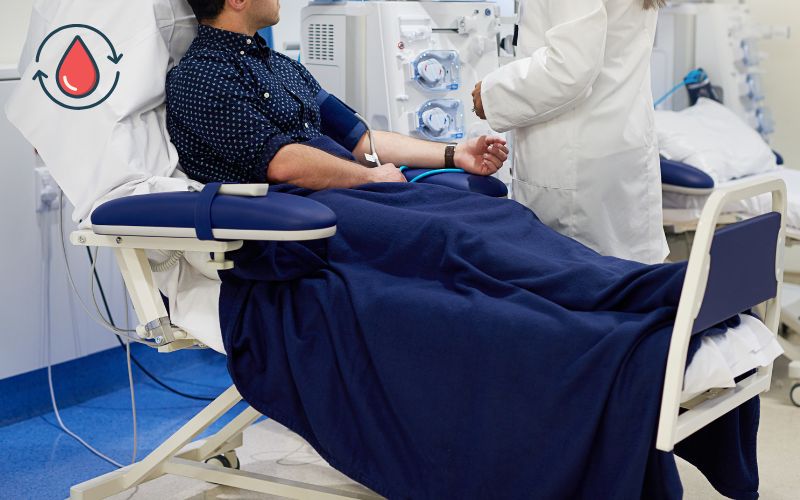
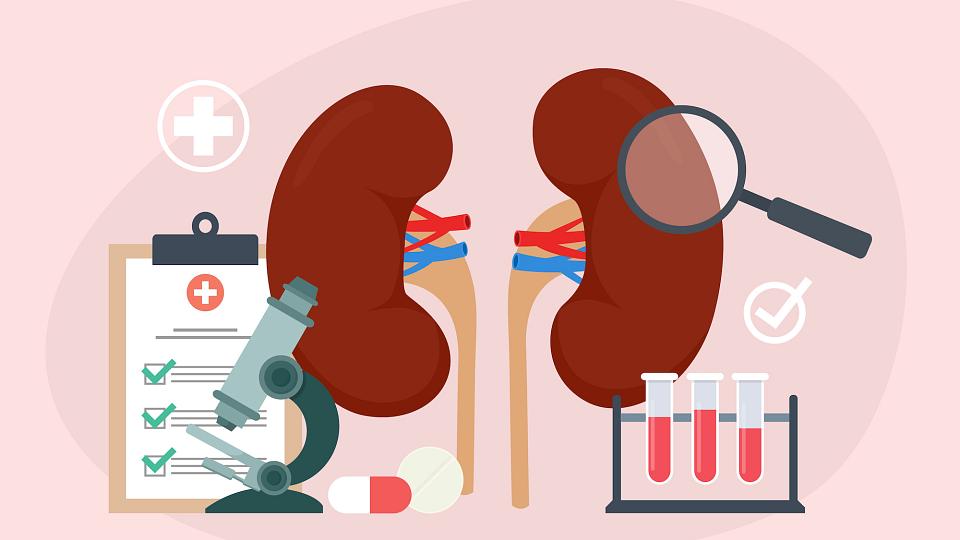


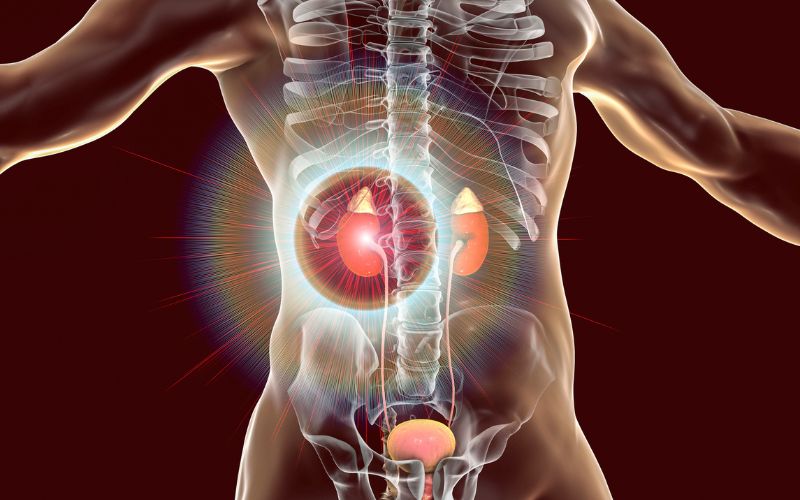
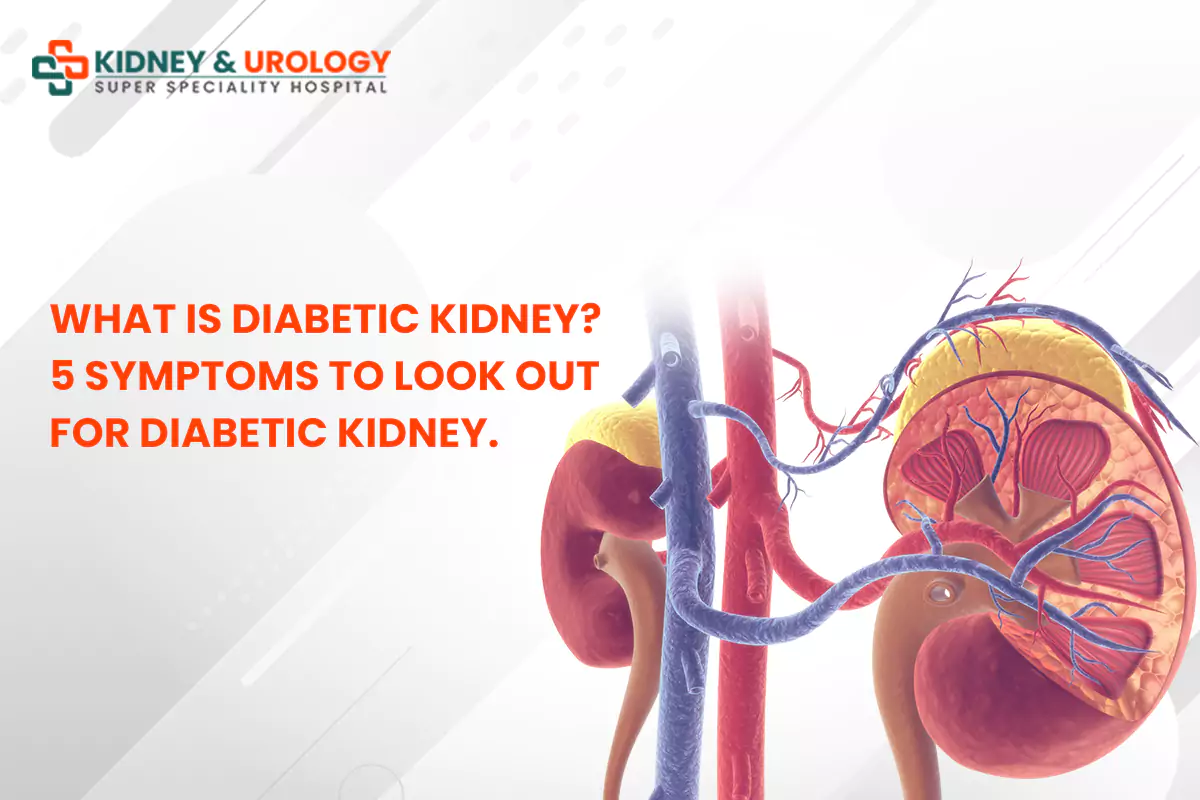
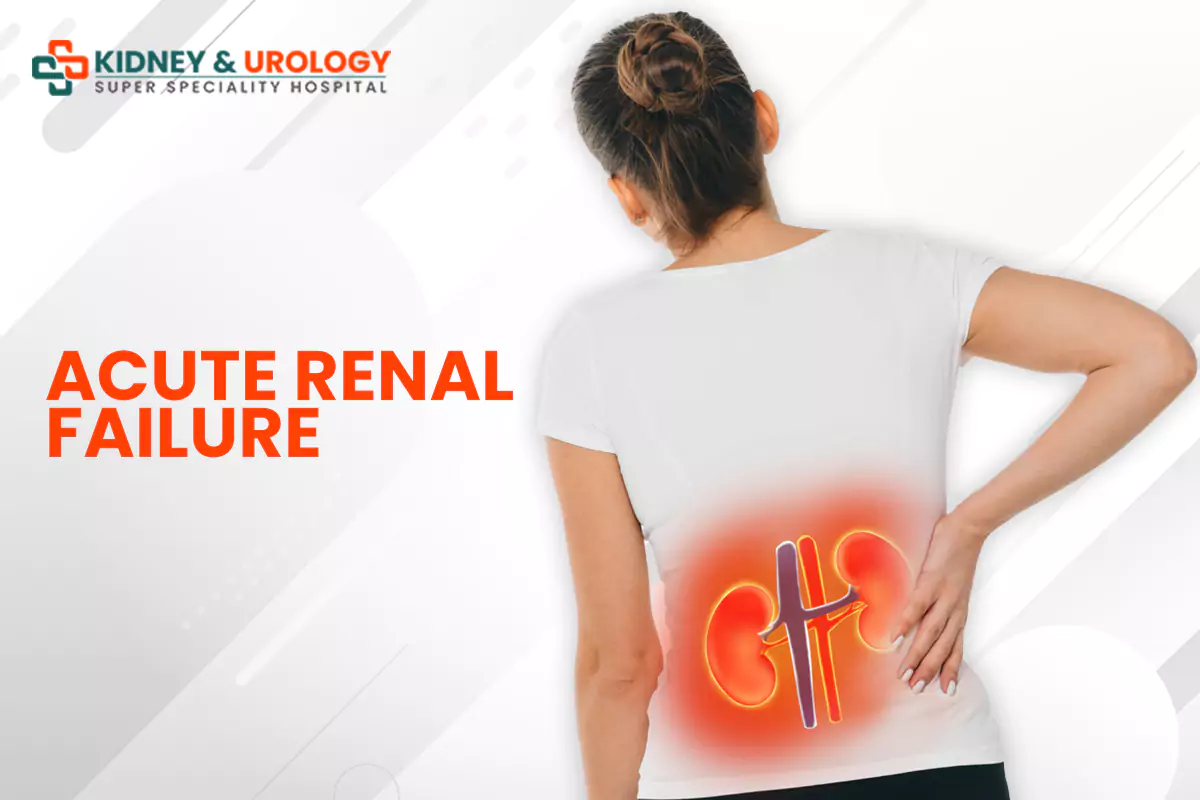


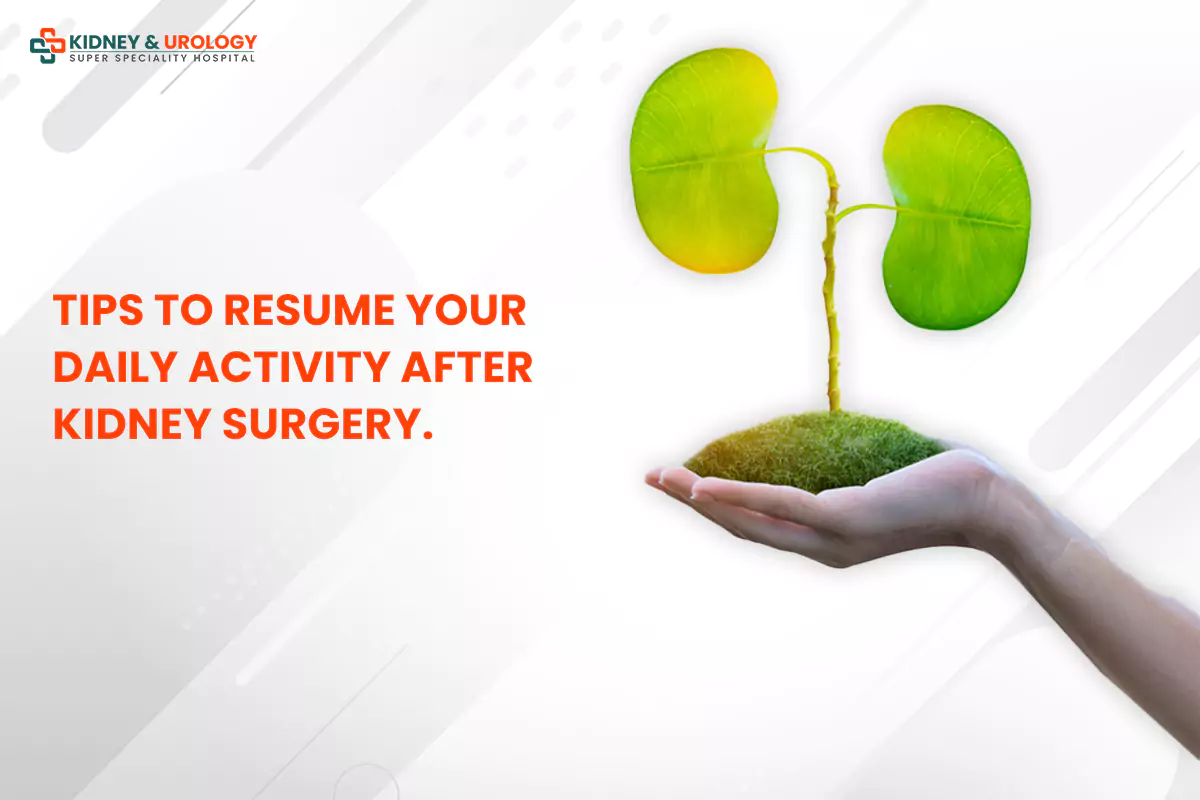




Request A Callback